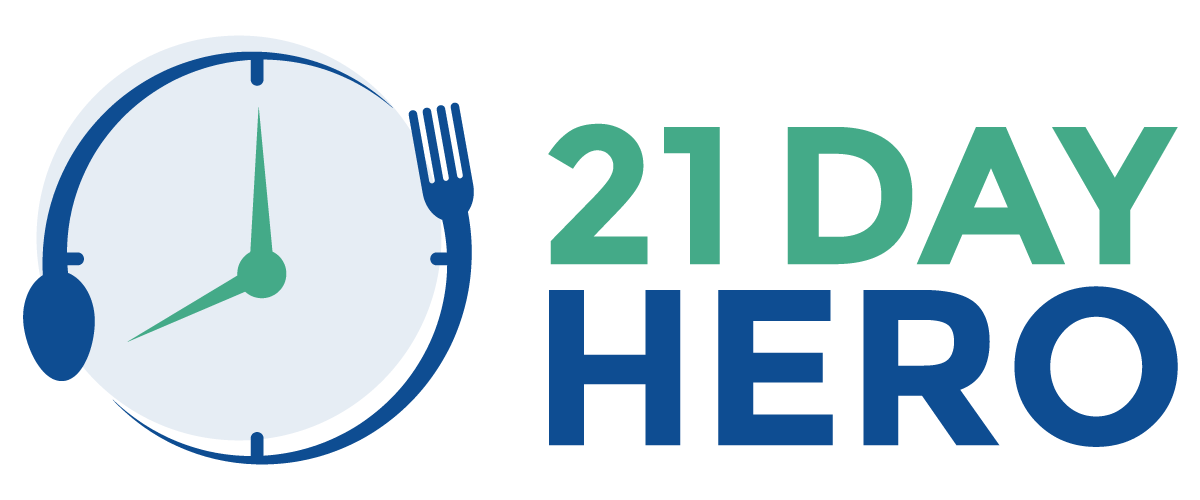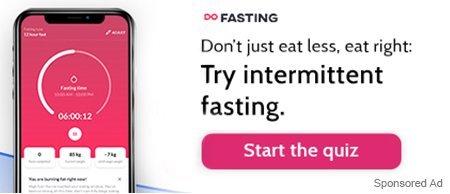What is Intermittent Fasting | Benefits of Eating Breakfast | Benefits of Skipping Breakfast
Let’s end the debate – Intermittent Fasting Versus Eating Breakfast? Intermittent fasting has quickly overtaken the fitness industry as a way to lose weight and get fit. Interestingly, many healthcare professionals and dieticians also swear by intermittent fasting and recommend it to many of their clients.
Several substantial studies have proven intermittent fasting to be a great option for people struggling with obesity and its associated health problems. Additionally, some preliminary studies have pointed out that intermittent fasting can help prevent diseases like Alzheimer’s, coronary artery disease, and even cancer.
All this makes intermittent fasting an attractive proposition for people who are either struggling with obesity or just want to stay fit in general. Some of the most popular intermittent fasting plans require people to skip breakfast, often considered the most important meal of the day. It has turned into a severe point of contention for many people.
In this article, we have tried to present a case for both – eating and skipping breakfast, and we wish to clarify some misconceptions so that people can know which diet plan is most suited to their lifestyle and projected health goals.

What is Intermittent Fasting? How is it Related to Skipping Breakfast?
Intermittent fasting is a time-restricted diet plan that requires people to consume food during a certain, pre-ordained eating window and fast for the rest of the day. It must be pointed out that intermittent fasting is not a dry fast; therefore, people who practice intermittent fasting can consume water or zero-calorie drinks like black coffee and tea while fasting.
The popularity of intermittent fasting can be attributed to its effect on our bodies. When we consume food, our body starts to break it down and convert it into glucose, which is the energy fuel for our body. This glucose is converted into glycogen and stored in the liver for quick access or when the body requires energy.
While we are fasting, the different energy resources of our body are depleted, and the body is forced to look for other avenues for energy. This is when the body turns to the different stored fat resources, which are directly broken down and converted into energy. This process is also known as ‘ketosis.’ Ketosis, initiated by intermittent fasting, can help us lose body fat at an accelerated rate.
Several types of intermittent fasting plans are based on different eating window durations. But for the sake of this article, we will focus on the most popular intermittent fasting plan, the 16:8-hour fast. In this intermittent fasting plan, people are allowed to eat for 8 hours and fast for the remaining 16 hours of the day. This type of fasting plan is generally achieved when people skip their breakfast and go on to eat lunch and dinner.

Benefits of Eating Breakfast
There is abundant scientific literature in the public domain to suggest that breakfast is the most important meal of the day. Many doctors suggest eating a healthy breakfast as a great way to kick-start the day. This is because an early, balanced breakfast can help with our body’s metabolism.
This can help people perform in a better, more efficient manner. Having an early breakfast helps fuel our body, which in turn can boost our concentration and memory. When we wake up in the morning, our body is already in a fast state, which can often mean we have low blood sugar. Having low blood sugar levels for a long time can make us feel lethargic and inefficient. A nutritious breakfast can restore our blood sugar levels and help us feel more energetic in the mornings.
One of the biggest reasons people skip breakfast is to consume fewer calories throughout the day. But this is not particularly true, as in many instances, people who skip breakfast tend to eat more at lunch and dinner. Additionally, people who skip breakfast have the habit of frequently munching during the eating window. All the calories can add up at the end of the day and lead to additional weight gain.
Another important factor that is affected when we skip breakfast is the inner ‘circadian clock’ of our body. In essence, a circadian clock is the inner, 24-hour biological clock maintained by the brain. It is governed by the sun’s light and dark cycle and affects the body’s hormonal activity, digestion, and sleeping patterns. When we skip breakfast, our body’s internal clock is disturbed, which leads to hormonal imbalance, sleep deprivation, and improper digestion.
Benefits of Skipping Breakfast
Now that we have discussed the different benefits of eating breakfast let us focus on the advantages of skipping breakfast.
One of the most common reasons to skip breakfast is to extend the fasting period. This is because most people who practice intermittent fasting tend to fast the entire night and carry on through the morning. Many studies suggest that the ketosis process is most active during the late hours of the fast. Hence, skipping breakfast can lead to maximum fat loss.

Skipping breakfast can also improve the body’s insulin resistance. In essence, insulin is the hormone responsible for digestion and blood sugar spikes. Frequent insulin spikes can often cause the body to become resistant to insulin. This is a major cause of type 2 diabetes. Skipping breakfast can help us avoid frequent insulin spikes, which help develop the body’s insulin resistance.
Similar to the above point, a steady insulin level will often lead to normal blood sugar levels. Skipping breakfast in the morning can help the body maintain a consistent blood sugar level. Additionally, the body is also better suited to handle future blood sugar spikes with intermittent fasting. This can help people avoid serious health complications like type 2 diabetes.
In general, weight loss is only achieved when we can produce a daily caloric deficit by consuming fewer calories than what is required by the body to maintain “homeostasis.” Skipping breakfast can be a convenient way to complete the fasting hours and help people eat fewer calories throughout the day.
Some people like working out while intermittent fasting, which can accelerate weight loss. In general, skipping breakfast and working out in the morning can be a great way to lose weight and build muscle. Furthermore, people can break the fast during lunchtime and replenish the body with all the nutrients lost during the workout.
Lastly, breakfast in the morning can be a chore for people who live alone. For them, skipping breakfast can be a convenient way not only to reduce the overall calories but also to cut out the extra work required to prepare breakfast.

Final Verdict: Intermittent Fasting Versus Eating Breakfast
Now that we have discussed both the benefits of eating breakfast and skipping breakfast, it is quite evident that both have some inherent advantages and disadvantages associated with them. Hence, it is quite difficult to say which one is better suited to most people.
In general, people who would like to incorporate the massively popular intermittent fasting plan into their daily lives can try skipping breakfast. It can be one of the easiest meals to skip for people who are new to fasting. Avoiding breakfast also taps into the other important benefits of intermittent fasting. These include better management of insulin spikes, blood sugar, and weight loss.
People who are generally fit and just need to maintain their weight can opt to eat breakfast in the morning. Those who consume breakfast should ensure that the breakfast is balanced and nutrient-rich. Many people go overboard with heavy meals and ruin their entire day. For example, consuming sugar-based cereal or coffee with whipped cream and other toppings can be harmful to the body.

Another solution for people who want to consume their morning meal and still follow an intermittent fasting diet is to skip dinner. This type of fasting is very similar to the massively popular Circadian Rhythm fasting. Many healthcare professionals believe that having a heavy late dinner can be detrimental to the body’s circadian rhythm, which further affects the hormonal and sleep cycles. Hence, skipping dinner or eating a light, early dinner and starting the intermittent fasting program is better.
Here, it must be said that meal skipping can cause several complications for certain people. Hence, it is always advised to consult a healthcare professional before making any diet-related decision. People with inherent health problems like diabetes, heart disease, and eating disorders should avoid intermittent fasting diets. Teenagers, pregnant and lactating women, and old people should also avoid meal-skipping diets, as it can lead to malnutrition, loss of muscle, and other serious complications.
To conclude, it must be said that diets are a fairly personal practice, and no one trick will work for everyone. So it is better to try different eating patterns to understand what works for you and what doesn’t. Medical science is always evolving, and new studies are done every day. If you connect with your body, you’ll know what to go for.
I recommend starting here to learn more about these types of fasting which are the MOST popular, starting with 16/8 Fasting, click on these guides below to learn more:
16/8 Fasting Guide, 14/10 Fasting Guide, 18/6 Fasting Guide, One Meal a Day Guide.
Also need help fasting? Check out the Best Intermittent Fasting Mobile Apps we recommend to help you on your journey.











